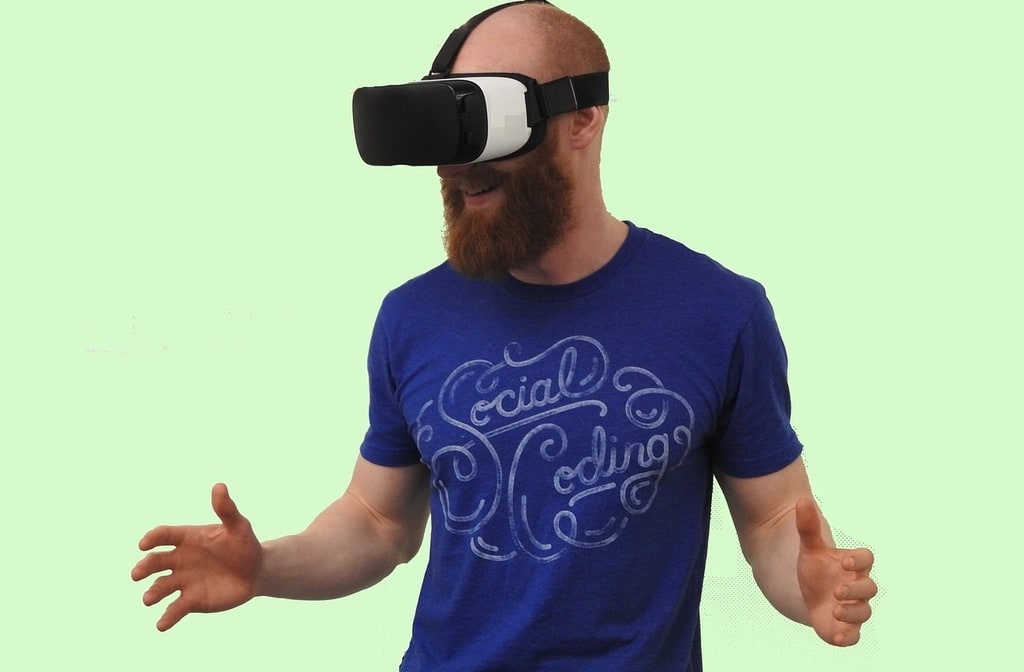The rapid evolution of technology continues to reshape our world in ways that were once unimaginable. From advancements in artificial intelligence to the proliferation of 5G networks, the latest technology trends are transforming industries and everyday life. Keeping up with these trends is essential for businesses and individuals alike to stay competitive and informed.
Current Technology Trends Revolutionizing Various Sectors
The technology landscape is dynamic, with new trends emerging that hold the potential to revolutionize various sectors. Below is an overview of some of the most impactful trends currently shaping the future.
Artificial Intelligence and Machine Learning
Artificial Intelligence (AI) and Machine Learning (ML) have moved beyond theoretical concepts and are now integrated into practical applications across different fields. AI’s ability to analyze large datasets and learn from patterns has enabled innovations in healthcare, finance, and customer service. For example, AI-powered diagnostic tools can analyze medical images with high accuracy, assisting doctors in early disease detection. In finance, AI algorithms optimize trading strategies and manage risks more effectively. The customer service industry benefits from AI chatbots that provide 24/7 support, improving user experiences and operational efficiency.
5G Technology and its Implications
The deployment of 5G networks marks a significant leap in wireless technology. Offering higher speeds and lower latency compared to its predecessors, 5G is set to revolutionize how we connect and communicate. This technology facilitates advancements in the Internet of Things (IoT), allowing for smarter cities, autonomous vehicles, and enhanced virtual reality experiences. The increased bandwidth and connectivity provided by 5G are also expected to drive innovations in remote work and education, making high-quality video conferencing and virtual classrooms more accessible.

Blockchain and Decentralized Finance (DeFi)
Blockchain technology, initially popularized by cryptocurrencies like Bitcoin, has expanded its reach into various industries through decentralized finance (DeFi). Blockchain provides a secure and transparent way to conduct transactions without intermediaries, reducing costs and increasing trust. DeFi platforms enable users to lend, borrow, and trade assets without traditional banking systems, democratizing access to financial services. Additionally, blockchain is being utilized for supply chain management, ensuring the authenticity and traceability of products from origin to consumer.
Quantum Computing: the Next Frontier
Quantum computing is poised to solve problems that are currently unsolvable by classical computers. Utilizing the principles of quantum mechanics, these computers can perform complex calculations at unprecedented speeds. Quantum computing holds promise for breakthroughs in fields such as cryptography, materials science, and drug discovery. Companies and research institutions are investing heavily in this technology, aiming to harness its potential to tackle some of the world’s most challenging problems.
Augmented Reality (AR) and Virtual Reality (VR)
Augmented Reality (AR) and Virtual Reality (VR) are transforming how we interact with digital content. AR overlays digital information onto the real world, enhancing experiences in retail, gaming, and education. For instance, AR applications allow customers to visualize products in their home before purchasing. VR, on the other hand, creates immersive digital environments for training, entertainment, and therapeutic purposes. VR simulations are used for training pilots, surgeons, and other professionals, providing a safe and controlled environment to hone their skills.
Here are some key trends to watch in the upcoming months and years:
- The integration of AI in cybersecurity for proactive threat detection and prevention.
- Advances in renewable energy technologies, such as solar and wind power, driven by AI and IoT.
- Expansion of smart home devices and systems, offering greater convenience and energy efficiency.
- Growth of autonomous vehicles and related infrastructure, enhancing transportation safety and efficiency.
- Development of personalized medicine through genomics and AI, tailoring treatments to individual genetic profiles.
The Future of Work: remote and Hybrid Models
The COVID-19 pandemic accelerated the adoption of remote work, leading to the emergence of hybrid work models that combine remote and on-site work. Technology plays a crucial role in this transition, with cloud computing and collaboration tools enabling seamless communication and productivity. Organizations are investing in virtual private networks (VPNs), cybersecurity measures, and cloud services to support remote employees. As businesses continue to adapt, the hybrid work model is likely to become the norm, offering flexibility and improving work-life balance.
Sustainable Technology Innovations
Sustainability is a growing priority, driving the development of green technologies aimed at reducing environmental impact. Innovations in renewable energy, such as advanced solar panels and wind turbines, are making clean energy more accessible and affordable. Energy-efficient technologies, such as smart grids and electric vehicles, contribute to reducing carbon footprints. Additionally, advancements in recycling and waste management technologies are addressing the global waste crisis, promoting a circular economy.
Healthcare Transformation Through Technology
Healthcare is undergoing a significant transformation, driven by technological advancements. Telemedicine has become a mainstream service, providing remote consultations and reducing the burden on healthcare facilities. Wearable devices and health apps enable individuals to monitor their health in real-time, fostering proactive health management. Genomics and personalized medicine are paving the way for treatments tailored to an individual’s genetic makeup, increasing the effectiveness of medical interventions.
Emerging Technologies on the Horizon
The technology landscape is constantly evolving, with emerging technologies poised to make a significant impact in the coming years. Innovations such as edge computing, which processes data closer to its source, are set to enhance the performance of IoT devices and reduce latency. The development of biodegradable electronics addresses the issue of electronic waste, offering environmentally friendly alternatives. Additionally, advancements in space technology, including satellite internet and space tourism, are opening up new frontiers for exploration and connectivity.
These trends highlight the incredible pace at which technology is advancing, reshaping industries and our daily lives. Staying informed about these developments is essential for leveraging the opportunities they present and navigating the challenges they pose.
